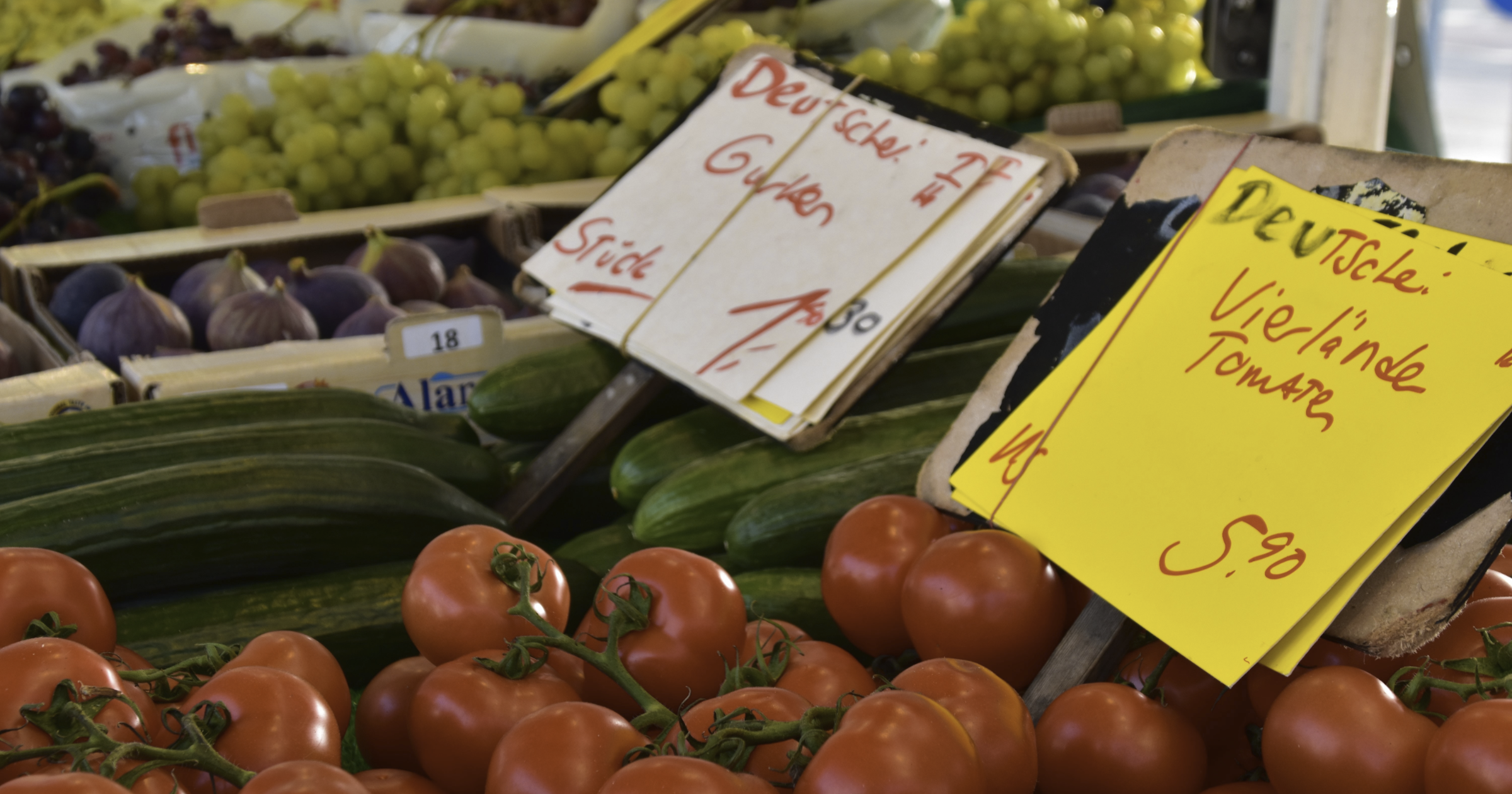In times of crisis, governments frequently express concern about the potential harm to consumers caused by price gouging, which involves charging unusually high prices for essential goods and services, particularly during emergencies. Indeed, during the COVID-19 pandemic, many governments took action to ensure that the prices of necessary goods such as masks, sanitizers, and medical equipment do not go through the roof. Such measures included the introduction of price caps, export restrictions, and increased price monitoring. Yet, enforcing laws against gouging can be difficult. In fact, the very idea of fair pricing is vague and subject to demagogic pressures. Price controls may also have unintended effects like lower supply or poorer quality of selected commodities and decreased incentives for the producers.
In the United States, a group of progressive Democrats, including Senator Elizabeth Warren, has recently proposed a bill to ban price gouging. This bill would prohibit private companies from raising the prices of goods to excessive levels during crises, such as natural disasters, energy outages, pandemics, and thus force them to offer goods and services below market prices.

The unintended consequences of anti-price gouging laws
Price gouging has a bad reputation. Understandably, consumers are horrified by the rising costs of necessary goods and services and accuse companies and traders of greedy and unfair behavior (making money out of bad situations). That is why most US states ban price gouging during emergencies. The proposed legislation from Warren and Co. would broaden the range of situations under which price gouging would be regarded as unlawful and extend current state-level prohibitions to the federal level. In fact, this kind of legislation would distort the market process and contribute to the shortages.
Certainly, natural disasters can cause excess-demand phenomena for key items and result in soaring prices. However, higher prices provide critical information about supply and demand, and help buyers to ration scarce resources. With anti-gouging laws in place, price signals fail to affect people’s behavior, households end up increasing their stocks of underpriced products, and sellers have little incentive to expand supply. Furthermore, retailers may react to anti-gouging laws by hoarding or withholding goods. As a result, shortages become even more acute.
This is indeed what happened during the early weeks of the COVID-19 pandemic, as people bought and hoarded large quantities of goods such as hand sanitizer and toilet paper. Not surprisingly, price controls made the shortage got worse.1 In particular, the states that implemented such laws experienced more severe shortages of essential goods compared to those that did not.2 Since many businesses struggled to maintain acceptable stock levels, the effects of these shortages were still felt by consumers last year to a greater extent than before the pandemic.3 Indeed, legislation banning price gouging at the federal level will only worsen the shortages and encourage hoarding when natural catastrophes strike.
The beneficial effects of price gouging
Letting prices rise naturally delivers several benefits. In the short term, higher prices encourage buyers to use scarce resources more efficiently. For instance, if the price of bottled water is three times its usual rate, it is more logical to use it for drinking than for watering plants. Without a price increase, early buyers have little incentive to rein in consumption. Moreover, higher prices tell the owners of a scarce resource that there is an opportunity for profit in the disaster-stricken area. If the price of water or other essential items triples, sellers are more likely to move crucial supplies from neighboring regions that may otherwise remain unused. This inflow of goods and the ensuing competition contribute to bringing prices back to normal.
By contrast, capping prices allows sellers to selectively choose the buyers. As a result, buyers may resort to alternative means of obtaining goods rather than paying for them. Connections turn out to be crucial and corruption thrives. In other words, and despite the widespread assumption that anti-gouging laws prohibit businesses from exploiting consumers, buyers remain at the mercy of suppliers.
The quality of our laws should be evaluated according to their outcomes, regardless of their proponents’ intentions. Anti-gouging laws are a good example of what Frédéric Bastiat identified as “what is seen and what is not seen” (1850). Even though it may seem unjust, price gouging ultimately eliminates shortages and helps to transfer resources to those who need them.
1 Price-Gouging Laws Created Shortages of Critical Goods During Early Pandemic, Suggests New Research From Weber State January 21, 2021 Price-Gouging Laws Created Shortages Shows WSU Research (weber.edu)
2 Chakraborti R, Roberts G. How price-gouging regulation undermined COVID-19 mitigation: county-level evidence of unintended consequences. Public Choice. 2023 Apr 18:1–33.
3 Product shortages and soaring prices reveal fragility of U.S. supply chain – CBS News by Megan Cerullo April 13, 2022 https://www.cbsnews.com/news/product-shortages-inflation-supply-chain-2022/
Photo by Waldemar


